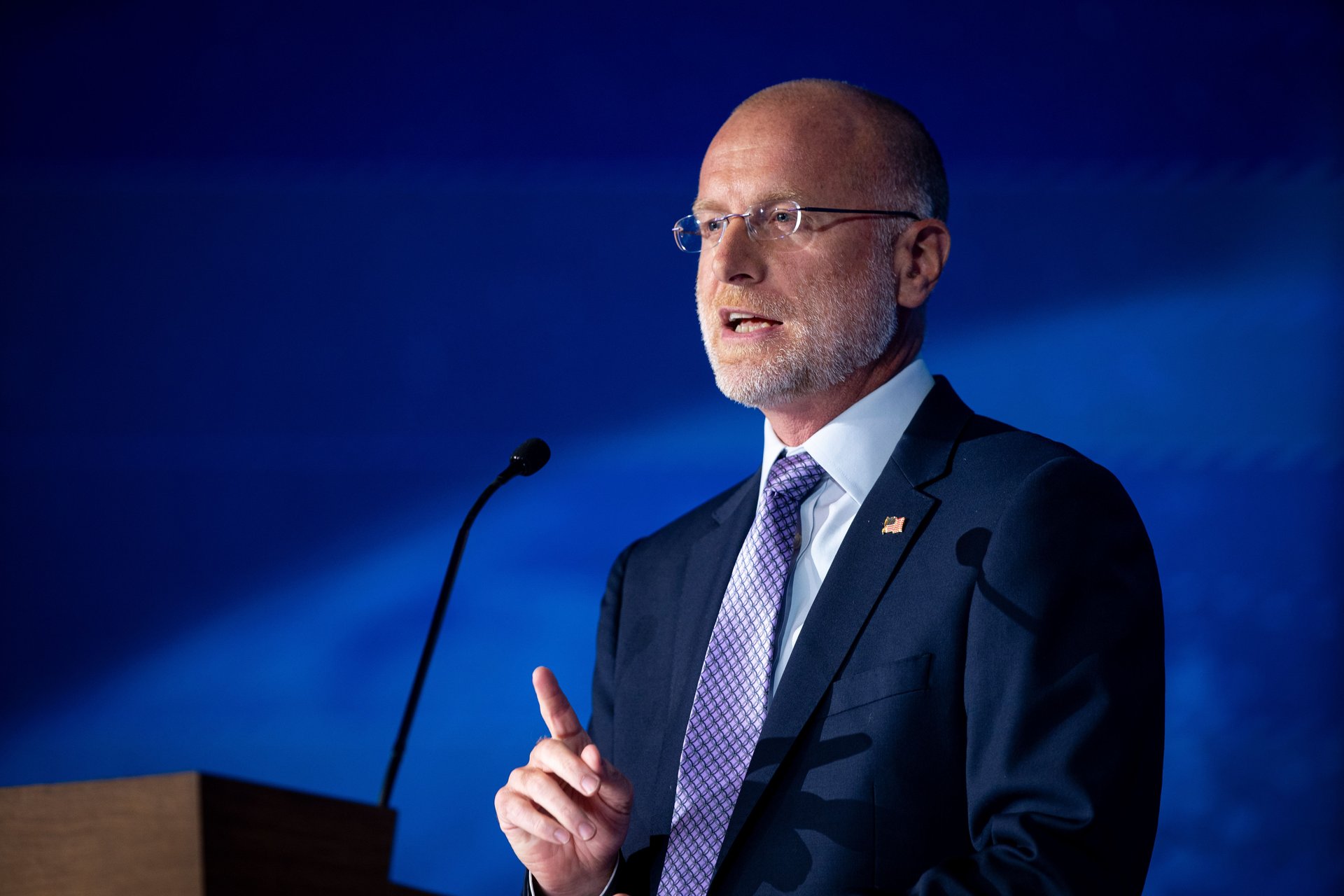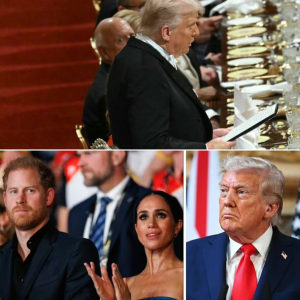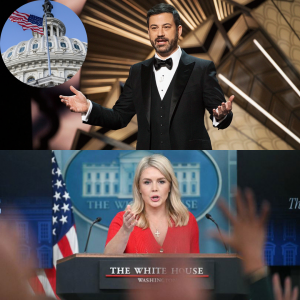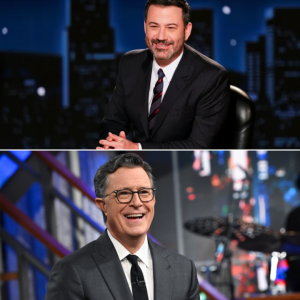The abrupt and indefinite removal of “Jimmy Kimmel Live!” from ABC’s broadcast schedule has ignited a national firestorm, blurring the lines between comedy, political commentary, and federal regulation. What began as a late-night host’s monologue has spiraled into a complex saga involving a tragic death, a powerful government official, and a fierce debate over the First Amendment. The Jimmy Kimmel suspension is not merely an internal network decision; it has become a flashpoint for anxieties about media accountability, political pressure, and the very nature of free speech in a deeply divided America. At the center of this storm are host Jimmy Kimmel, the late conservative figure Charlie Kirk, and the assertive FCC Chairman Brendan Carr, whose public intervention transformed a network controversy into a potential federal showdown. This incident has laid bare the tense dynamics of modern media, where a single on-air statement can trigger consequences that reverberate all the way to Washington D.C. and back.

The Monologue and the Contradiction
The chain reaction began with Jimmy Kimmel’s opening monologue, where he addressed the killing of conservative activist Charlie Kirk. Kimmel directly linked the alleged perpetrator, Tyler Robinson, to the “Make America Great Again” or MAGA movement. He claimed that supporters were “desperately trying to characterize this kid who murdered Charlie Kirk as anything other than one of them.” This assertion was broadcast to millions, framing the motive within a specific political context.
However, this narrative was quickly challenged by official court documents filed in Utah. According to investigators, Robinson’s mother stated that her son had recently become “more political,” but had started to “lean more to the left,” embracing pro-gay and trans-rights causes. Furthermore, when asked about his motive, Robinson allegedly told authorities that “there is too much evil, and [Kirk] spreads too much hate.” This stark contradiction between Kimmel’s on-air portrayal and the emerging legal facts surrounding the Charlie Kirk killing became the critical flaw in his commentary, providing the ammunition for the intense backlash that followed.

The Network’s Drastic Step: Why ABC Pulled the Show
The fallout was immediate and forceful. In a stunning move, ABC announced it was pulling “Jimmy Kimmel Live!” off the air “indefinitely.” This decision was amplified when Nexstar Media Group, a major owner of ABC affiliate stations covering about 10% of the network’s reach, declared it would preempt the show “for the foreseeable future” due to the controversial remarks. This demonstrated that the pressure was not just from public opinion but also from key business partners. The decision by ABC to pull the show was a significant escalation. Networks rarely take such drastic measures against their top talent without a clear path forward, indicating the severity with which the parent company, Disney, viewed the situation. The indefinite nature of the suspension created a vacuum, leaving audiences, advertisers, and the industry itself to speculate on the future of one of late-night television’s most prominent figures.
The FCC Intervenes: Brendan Carr’s Unprecedented Warning
The controversy reached a new level of gravity when the chairman of the Federal Communications Commission, Brendan Carr, entered the public discourse. In a series of interviews, FCC Chairman Brendan Carr delivered a sharp rebuke, accusing Kimmel of appearing to “directly mislead the American public” on a matter of significant political importance. He framed the issue not as a failed joke but as a serious breach of public trust.
The Jimmy Kimmel Suspension and a Threat of Action
Carr’s comments went far beyond mere criticism. He issued what was widely interpreted as a direct warning to ABC and Disney. “This is a very, very serious issue right now for Disney,” Carr stated, adding, “We can do this the easy way or the hard way.” He explicitly reminded the corporation that their broadcast licenses are granted by the FCC and are contingent on operating in the public interest. He suggested that if the company failed to take appropriate action against Kimmel, the FCC might have to step in. This intervention by a top regulator in the programming decisions of a major network was seen by many as an unprecedented and chilling development.
A Nation Divided: The Political Firestorm and the Free Speech Debate
The incident quickly became a political proxy war. Former President Donald Trump celebrated the Jimmy Kimmel suspension, calling the host untalented and suggesting he should have been fired long ago. He also took the opportunity to call for the cancellation of other late-night shows whose hosts have been critical of him.
On the other side of the aisle, the response was one of alarm. House Democratic leaders called for Carr’s resignation, accusing him of a “corrupt abuse of power” and engaging in “bullying” to force ABC to comply with the Trump administration’s agenda. Former President Barack Obama joined the chorus of critics, stating that the administration had taken “cancel culture to a new and dangerous level” by threatening regulatory action to silence media figures. This ignited a national free speech debate, with one side arguing for media accountability for factual errors and the other warning of government overreach and the suppression of dissent. The clash highlighted the precarious position of media companies caught between their First Amendment rights and the immense power of federal regulatory bodies.
The Jimmy Kimmel suspension has created a moment of reckoning for the entire media industry. It forces a confrontation with difficult questions about the responsibilities that come with a massive platform, especially when discussing sensitive and tragic events. The saga has evolved far beyond a single monologue; it is now a case study in the power dynamics of modern America, where comedy, tragedy, and political power collide with explosive force. As the show remains off the air, the industry watches and waits, understanding that the final outcome of this controversy could redefine the rules of engagement for broadcasters, entertainers, and regulators for years to come.





